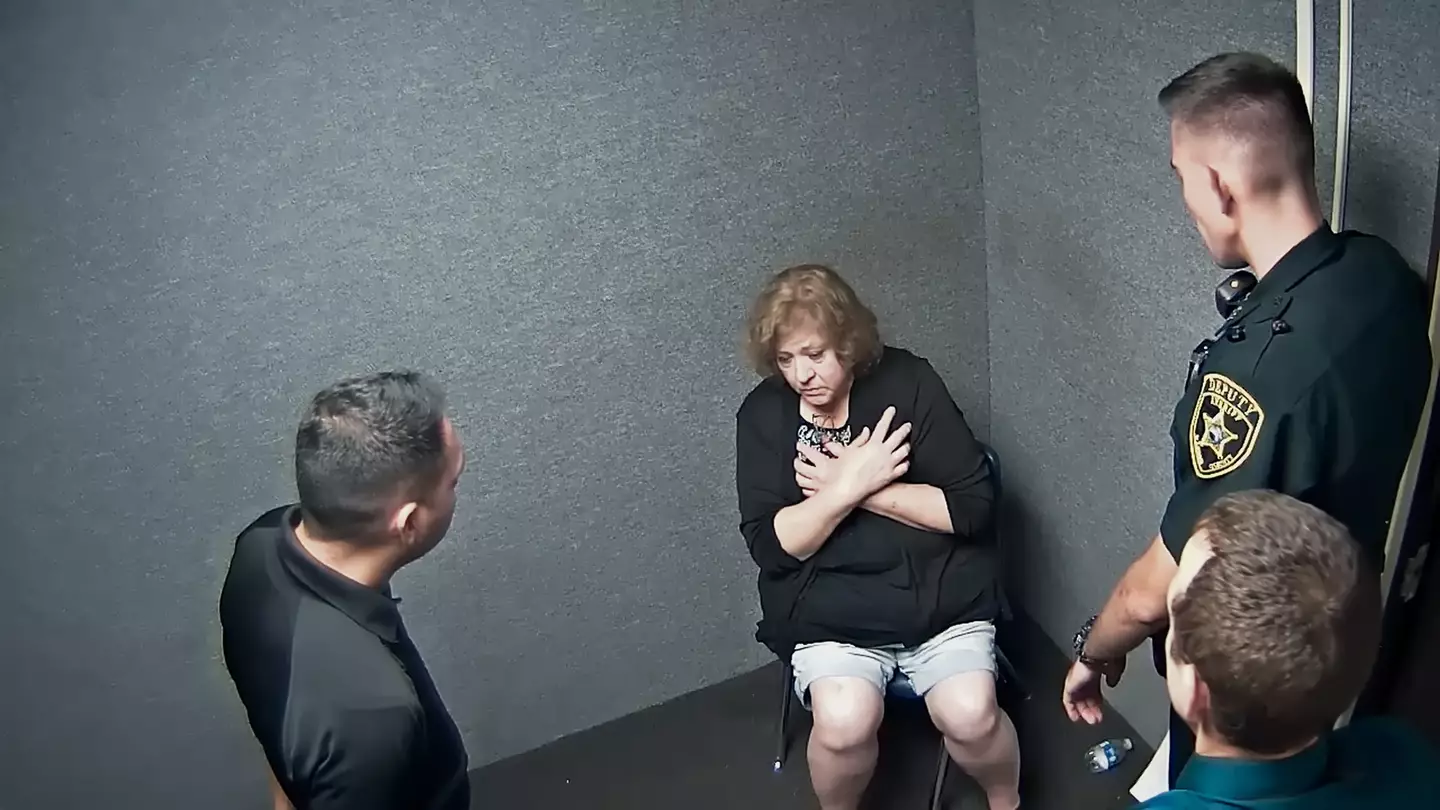
The brains behind a chilling new Netflix documentary have opened up on the vital warning they aimed to convey to viewers.
The feature-length film in question is The Perfect Neighbor, which follows the case of Ocala, Florida mum Ajike 'AJ' Owens, who was fatally shot in 2023 in front of her four children, by the woman that lived in the house across the street.
Predominantly made up of police body cam footage, as well as video doorbell recordings, custody CCTV clips and telephone audios, the documentary is the first of its kind, and kicks off three years prior to the harrowing crime.
As early as 2021, AJ's white neighbour Susan Lorincz had made complaints to the police over the alleged mistreatment she endured from the community of Black children living in the area.
Advert
Specifically, the 58-year-old falsely alleged during over a dozen 911 calls that AJ's four children - Isaac, 14, Israel 'Izzy', 12, Afrika, nine, and Titus, six - had trespassed onto her property and tormented her.
Lorincz also claimed that they and their friend had attempted on several occasions to break into her truck, and left toys strewn her yard.
AJ and other parents to the children in question ceaselessly denied these accusations, with footage shown in the programme showing the children playing harmlessly in the estate's communal zones.
What happened to AJ?
By 2 June 2023, tensions had risen between Lorincz and her African American neighbours - specifically AJ's two eldest sons. One night, she accused Isaac of leaving his iPad on her property, with neighbours witnessing her throwing both a roller skate and an umbrella at the children in response.
After catching wind that Lorincz had become physical with her kids, AJ reportedly walked across the street for answers, loudly knocking on the door.
During this time, Lorincz had made a 911 call, telling the dispatcher she was 'scared' for her life. As a result, an officer was dispatched to the area.
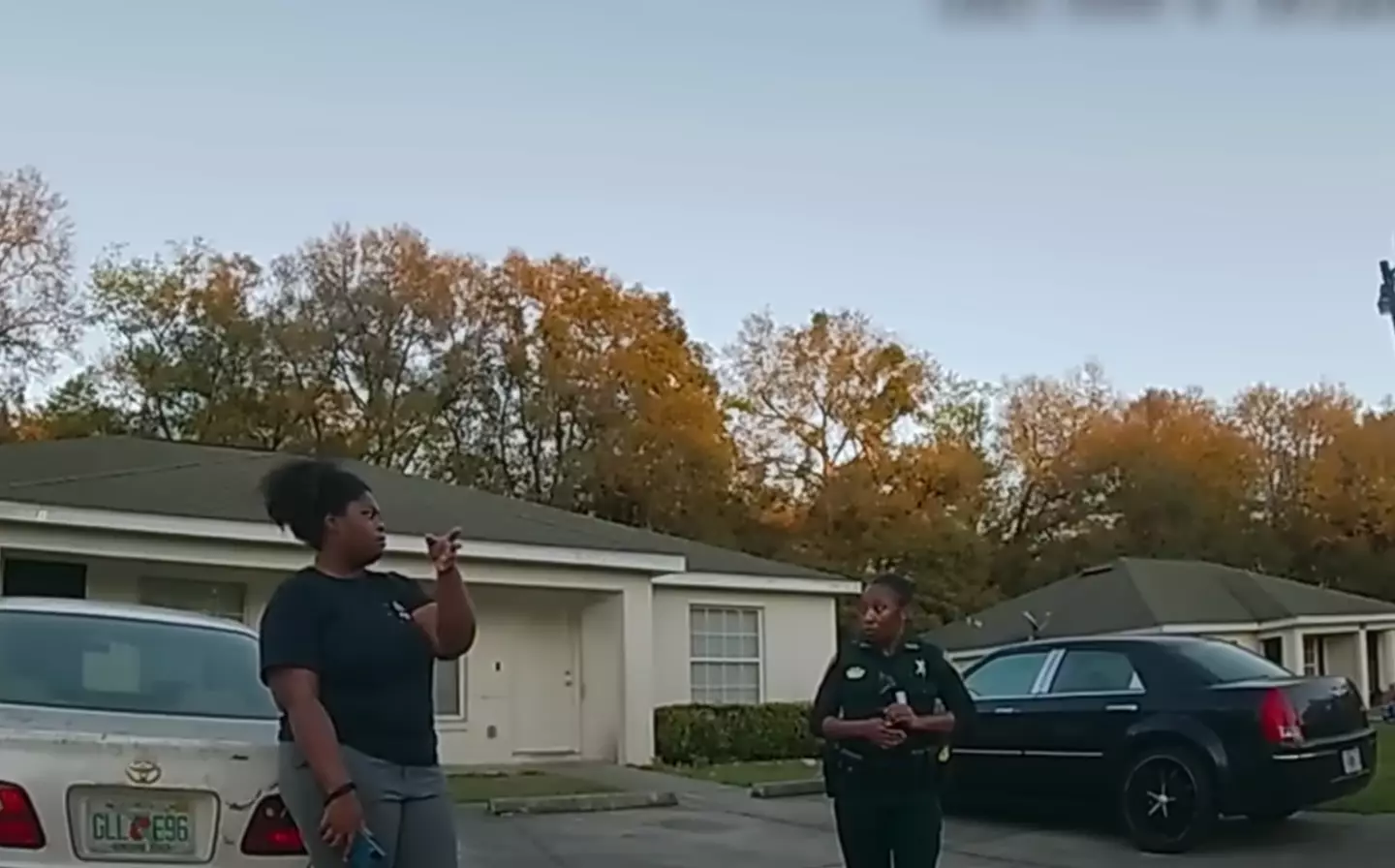
Less than two minutes of hanging up the phone, however, and Lorincz had fired a single shotgun bullet through her front door - which was locked - hitting AJ in her chest.
Despite being rushed to hospital after her son unsuccessfully attempted to perform CPR on the restaurant manager, AJ was pronounced dead.
Lorincz's 'defence'
During questioning, Lorincz insisted she'd shot AJ in self-defence, sparking a national debate over the possibility of her using Stand Your Ground defence, which 'allows' for the use of deadly force when necessary for self-defence against violent crimes.
"I panicked and I thought, 'Oh my God, she's really going to kill me this time,' you know," Lorincz claimed. "And so I don't even actually remember picking up the gun, I just remember shooting."
That said, however, following a five-day investigation, police found that Lorincz had used both racial and ableist slurs to describe AJ's children and others living in the area.
"It could’ve slipped out," she admitted. "I was always taught (a certain racist word) meant that you were just being unlawful, dirty. I don’t know, generally not being pleasant."
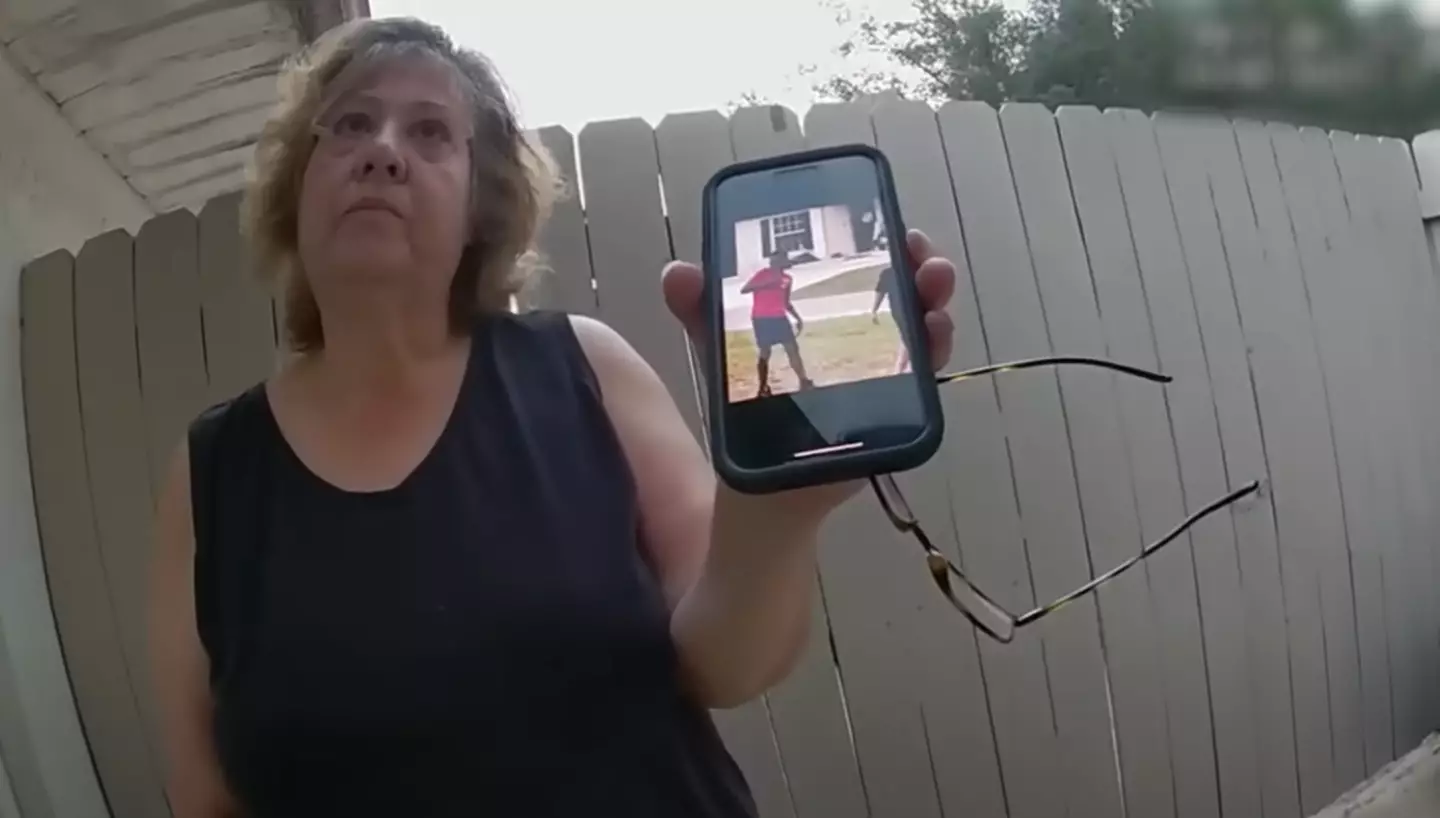
It was also found that she'd Googled the Stand Your Ground defence on her at-home computer, and as such, a judge agreed that the crime was 'very aggravated' and not committed 'out of fear'. Lorincz was found guilty of manslaughter and jailed for 25 years.
A vital warning
AJ's mother Pamela Dias, filmmakers Geeta Gandbhir and Nikon Kwantu, and producer Alisa Payne have since rallied together since the documentary landed, emphasising the message they're trying to send.
"I feel my call to duty, I’m carrying on her spirit," Dias began in conversation with Tudum, adding that an integral aim of the show was to demonstrate the racial bias rooted in the Stand Your Ground defence.
For reference, a study previously conducted in Texas found that white individuals are considerably more successful in claiming self-defence when enacting violence against a Black 'attacker', than Black individuals are against a white equivalent (via CS Monitor).
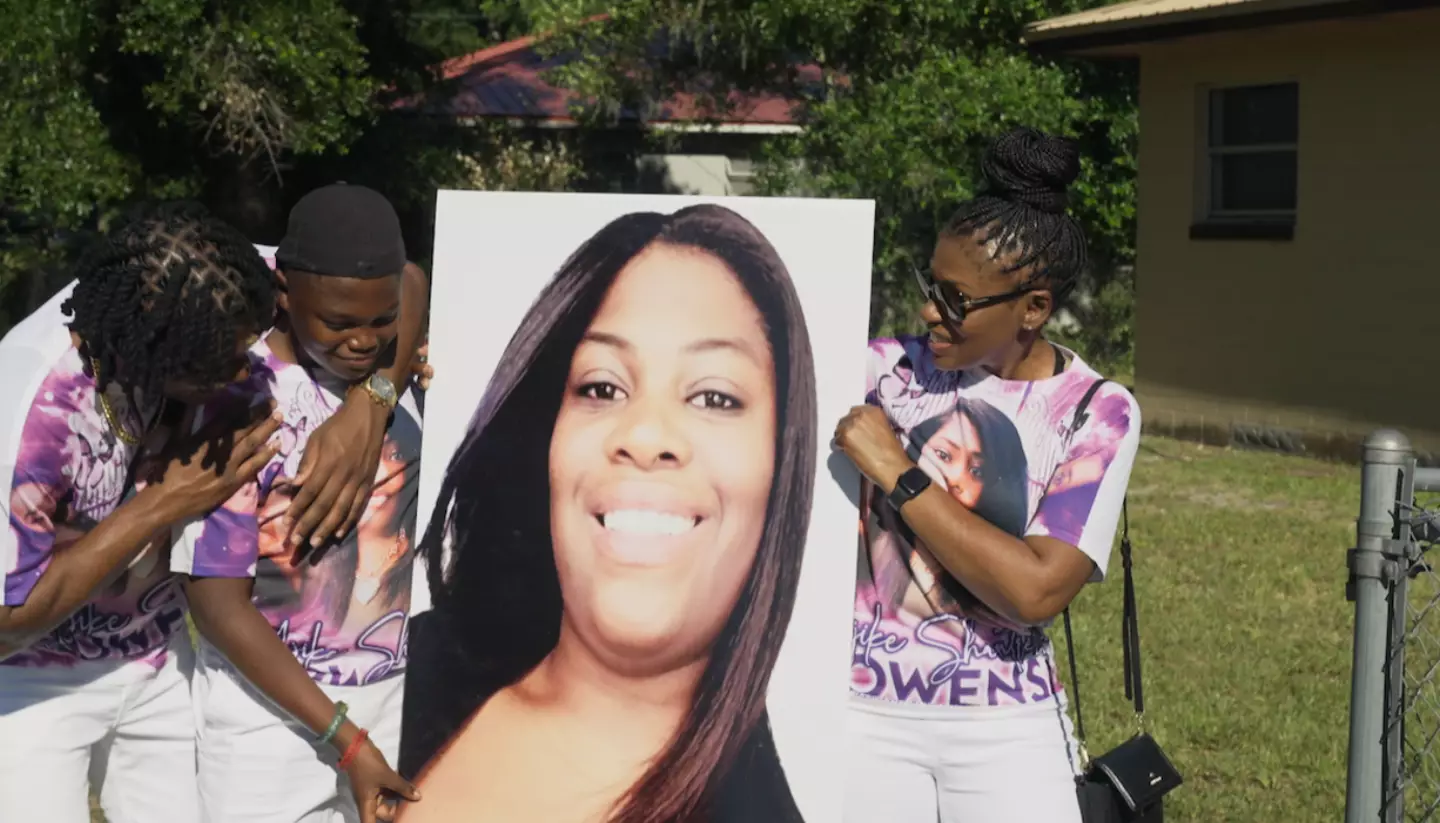
On this, AJ's mum continued: "Through the film and the Standing in the Gap Fund [a family-led effort that responds to race-based violence by easing financial burdens and supporting community-rooted healing], I believe we raised the awareness about the need for greater understanding, for empathy and community precision as a vehicle to ultimately and hopefully prevent similar incidents from happening."
Dias continued of the program: "It’s advocating for more compassion in the world, something that we really need in these dark times."
Payne also cited the case of 17-year-old Black student Trayvon Martin, who was shot dead by a white man, George Zimmerman in 2012 just two hours from where AJ would be murdered a decade later. In this case, after citing self-defence and claiming he felt his life had been endangered by Martin, Zimmerman was acquitted.
Noting that problematic legal defences like the Stand Your Ground law are disproportionately detrimental to Black communities, Payne added: "Hopefully through [Owens's] legacy we can fight 'stand your ground' and other harmful policies.
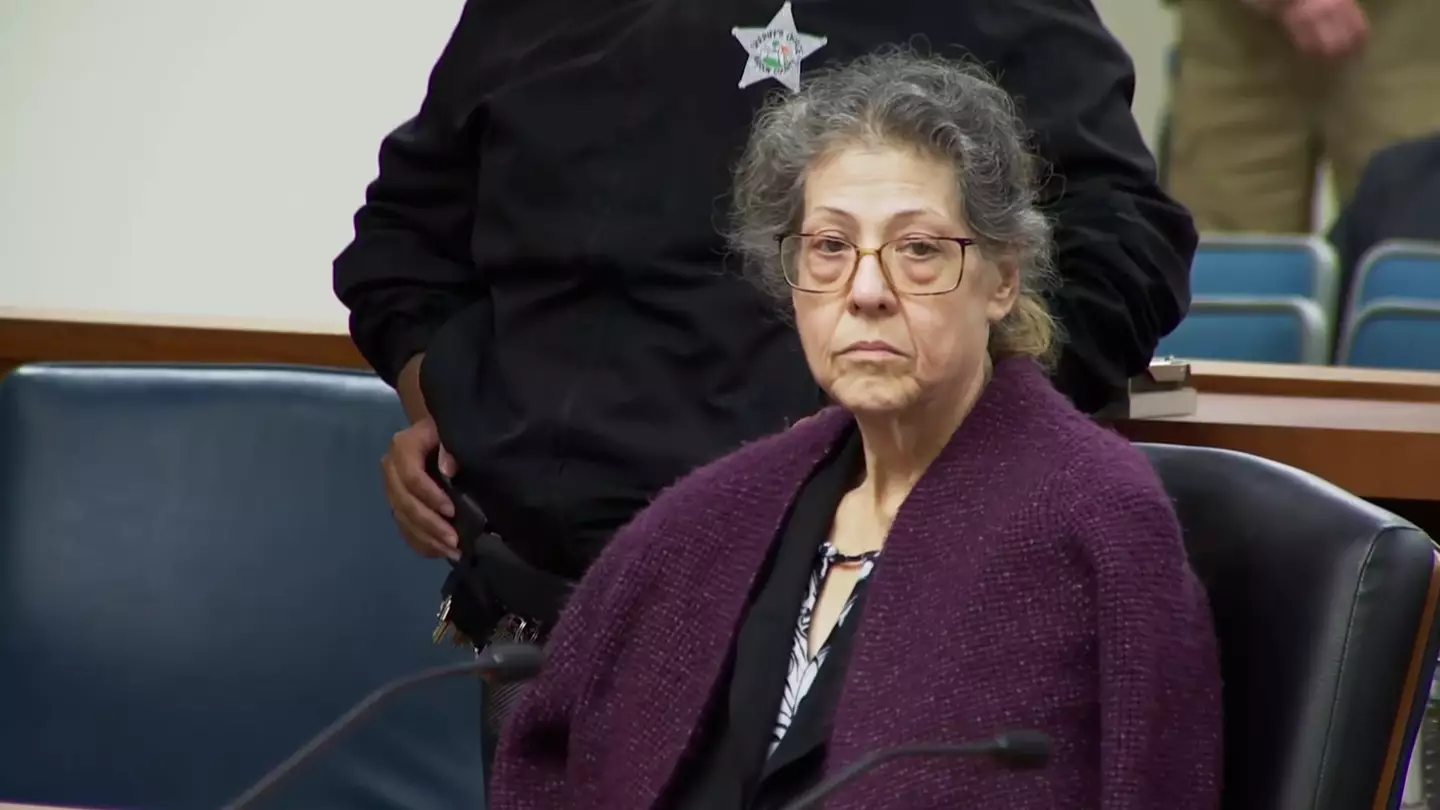
"It was very apparent on the other side of [Susan’s] calls, there were these great people. These are people who are parents raising their children."
In agreement, Gandbhir added that she prays the doc with spur a more in-depth legal examination into the use of the Stand Your Ground defence.
"I hope to inspire a deeper understanding of the consequences of these laws and advocate for changes that can prevent more senseless tragedies in the future," the filmmaker continued.
Topics: Crime, Documentaries, Netflix, TV And Film, True Crime, True Life, US News